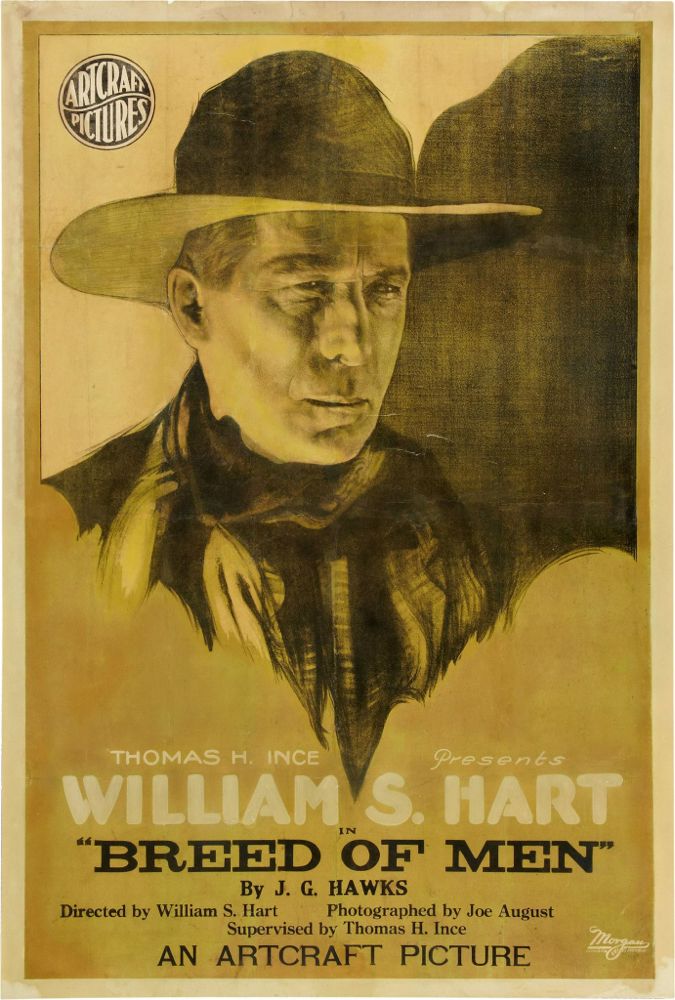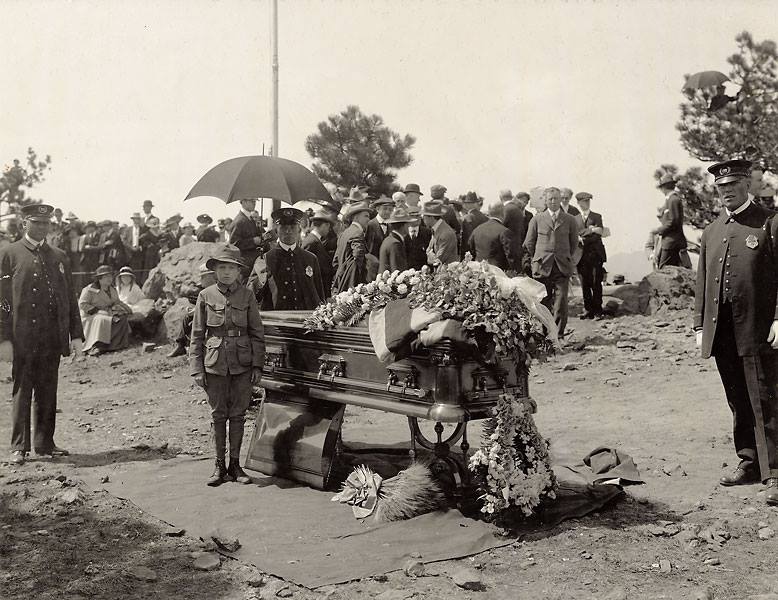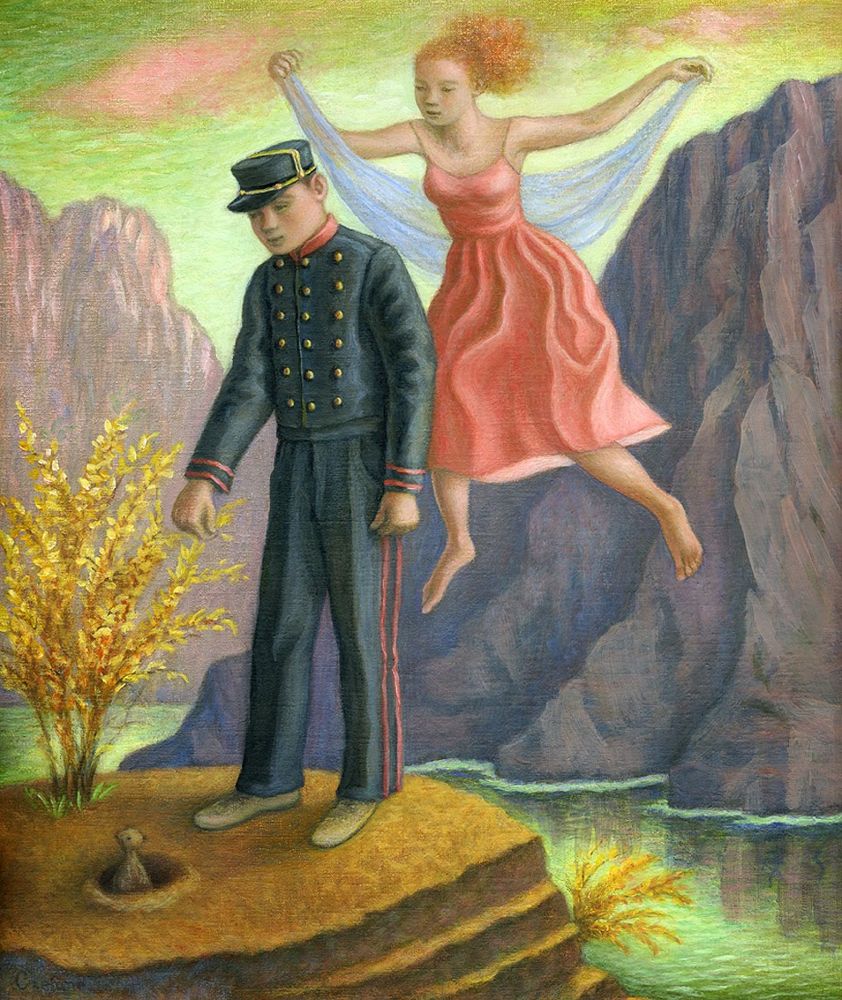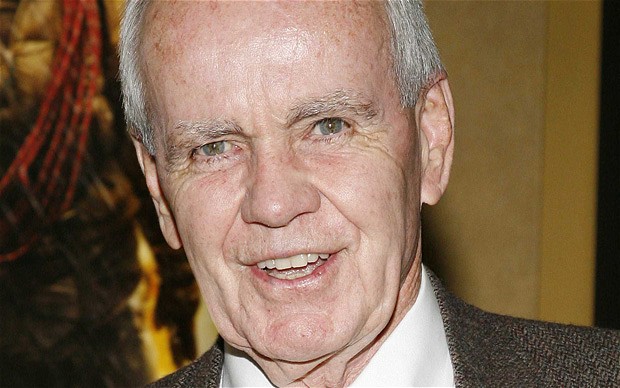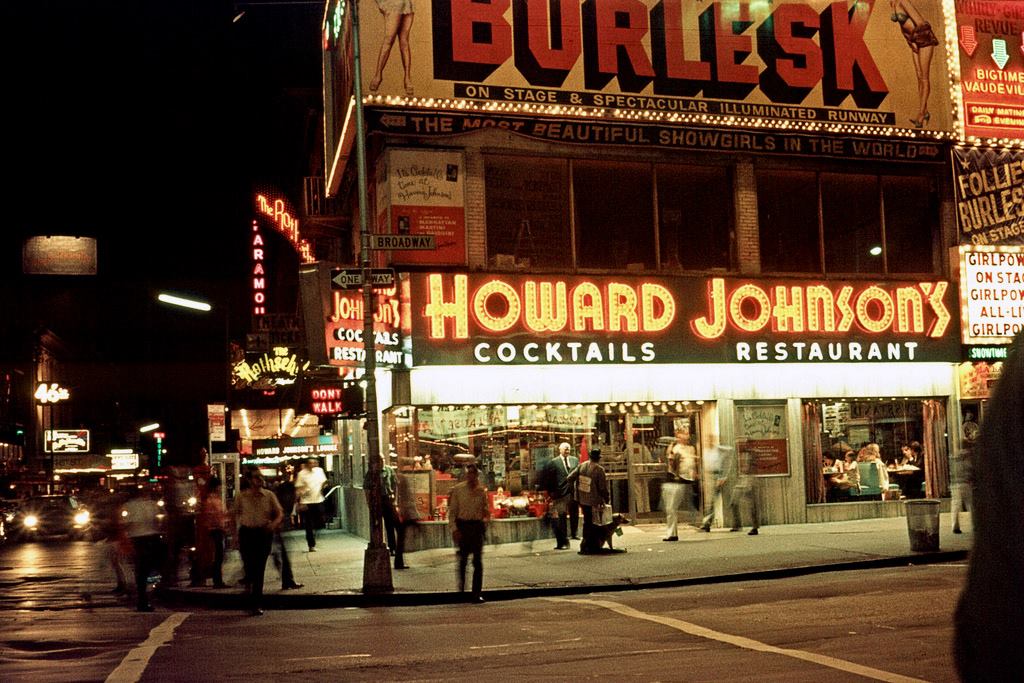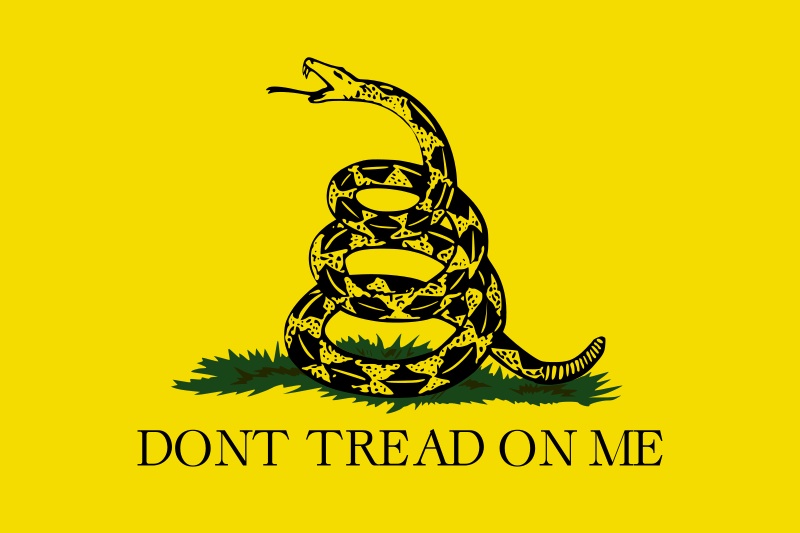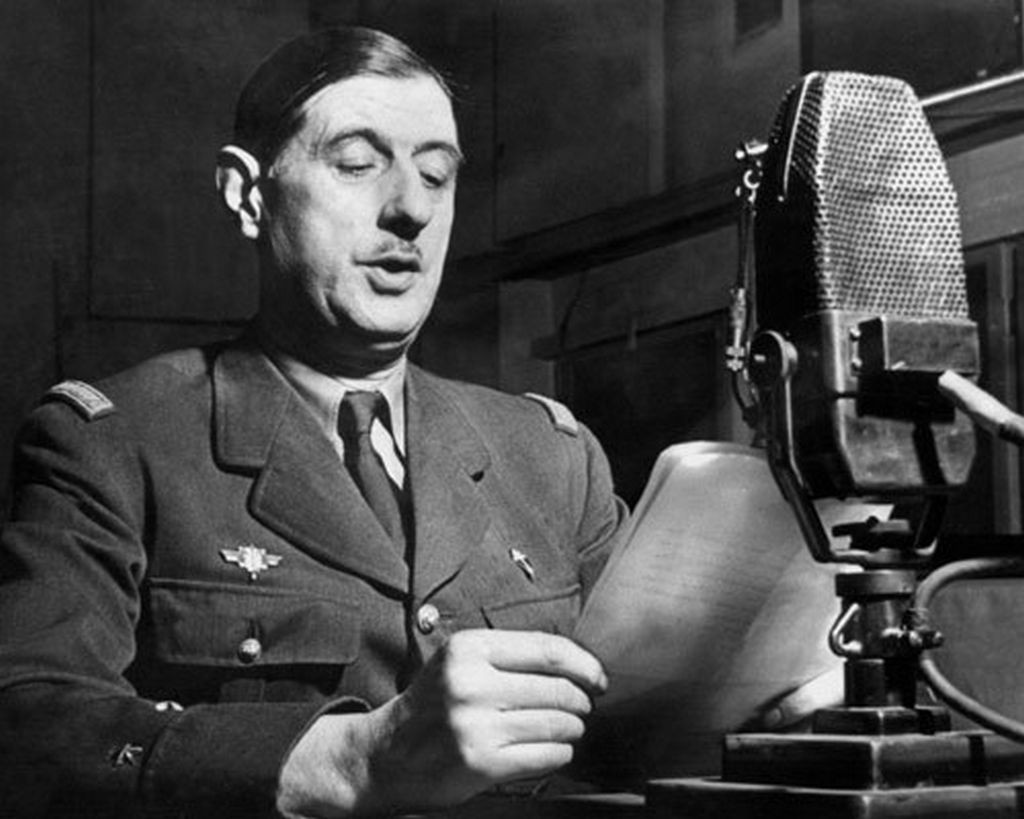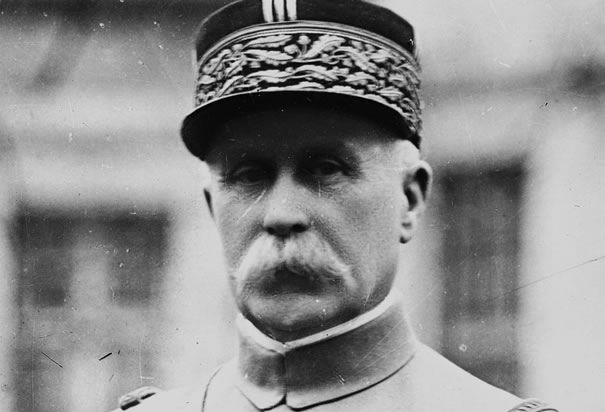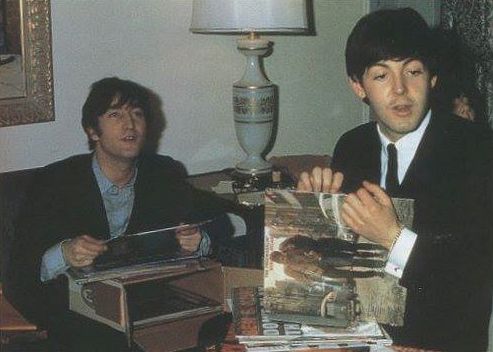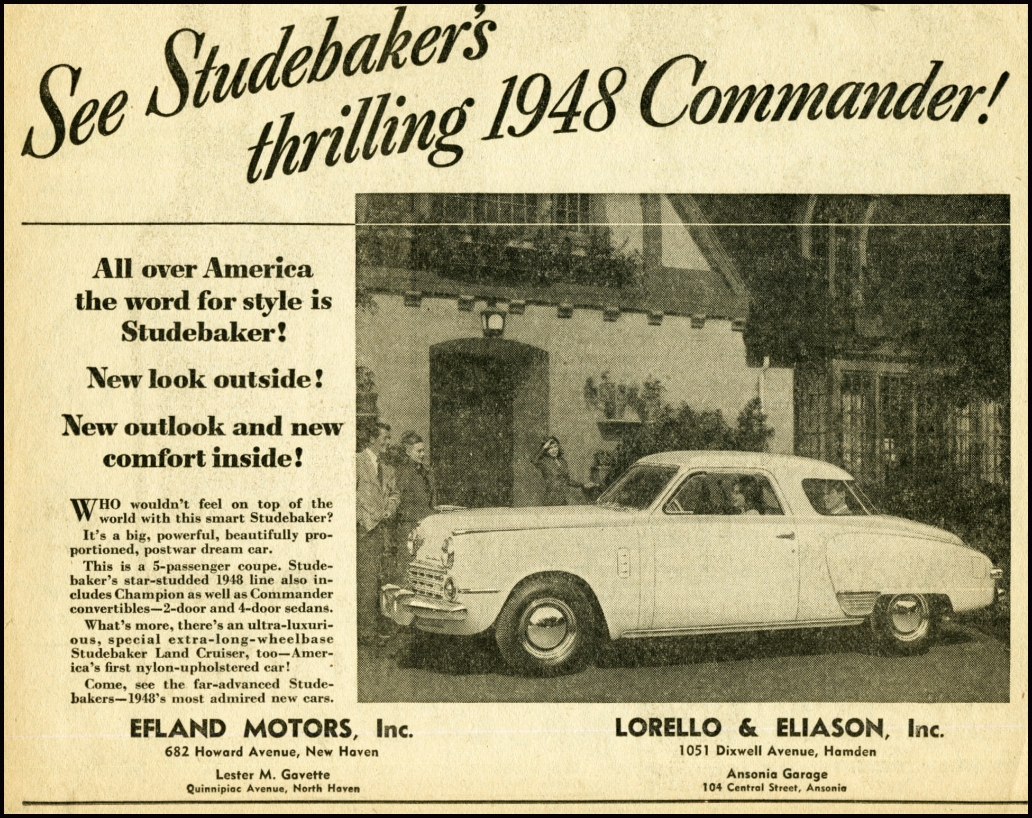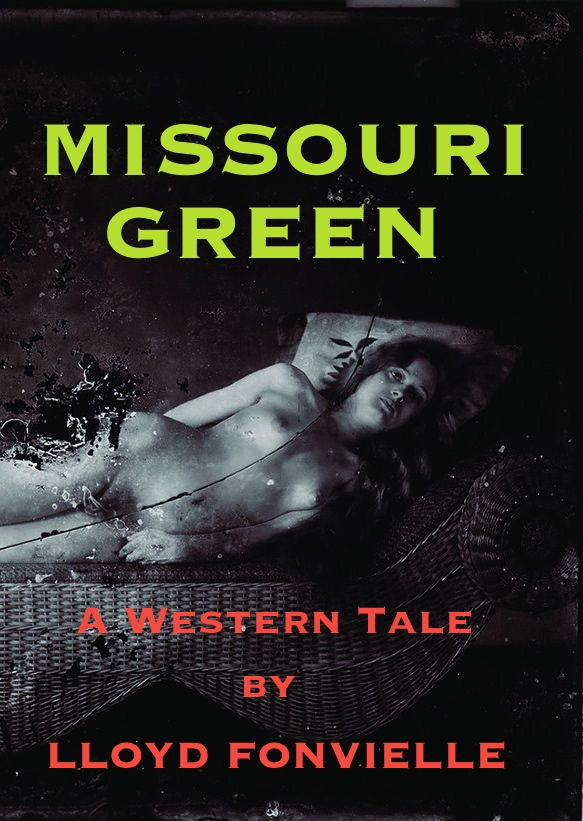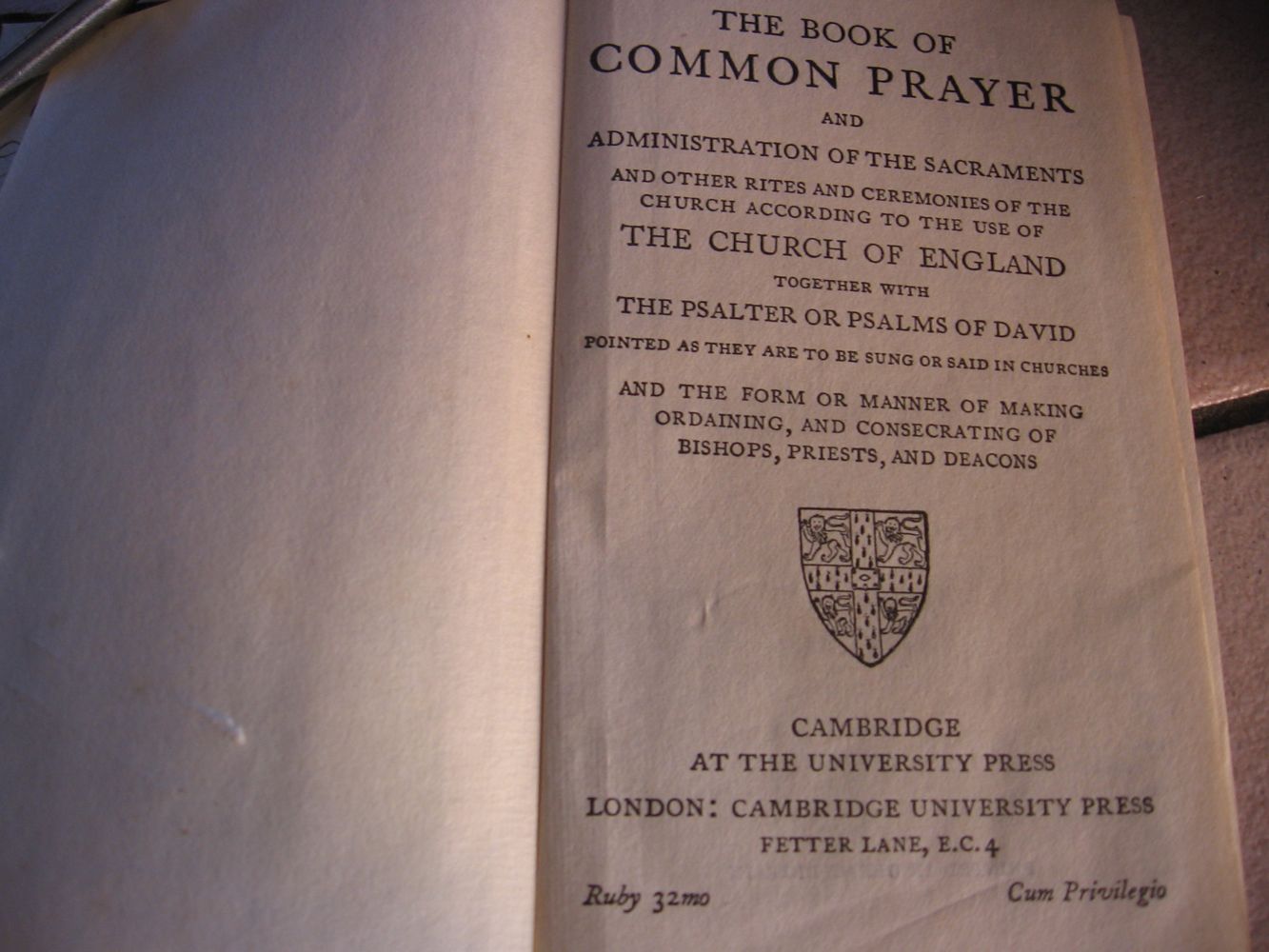Click on the image to enlarge.
AN INTERVIEW WITH THE AUTHOR
Over at Uncouth Reflections, Blowhard, Esq. has published an explosive tell-all interview with yours truly.
Actually, he just asked some brilliantly provocative questions about my life as a working writer and my latest efforts as the author of fiction e-books, which I tried to answer as best I could. You might find it of interest.
BUFFALO BILL’S CASKET
AN AMY CREHORE FOR TODAY
LITERARY FICTION
I really can’t understand why modern “literary” writers take so many words to tell a story — why they think a reader has nothing better to do than read a list of the plants growing outside the window of a room where nothing has happened. Why they spend so much time applying quirky adjectives to objects that will play no part in the tale. Why they use adverbs to describe how a line of dialogue is spoken, when it should be clear from the context.
It’s as though they think they have the rapt attention of a captive audience with nowhere else to go, no other opportunities for distraction. What world are they living in? Who do they think they are? In many cases, of course, they have no story to tell, just a sensibility to sell — the quirky adjectives and useless adverbs and lists of things are all they have to offer to “express” themselves. But if they do have a story to tell, why don’t they just get on with it? The sensibility of a storyteller is at best a faint herbal flavor in a rich stew. The story is the stew.
HO JO’S
The Times Square branch. This place was still going strong in 1972 when I moved to New York, a year after this picture was taken. It holds a special place in my heart because of some strawberry shortcake I had there once on my birthday with my sister Lee.
I have eaten strawberry shortcake on every birthday of my life as far back as I can remember birthdays. It has always been my favorite dessert and somehow it became a birthday tradition. On one birthday in the 1970s my sister and I had a celebratory dinner at a place near Times Square where strawberry shortcake was on the menu, but when we ordered it after we had our main course they’d run out of it. It was nearing midnight, and we ran around Times Square from restaurant to restaurant trying to find some before the witching hour signaled the end of of my birthday.
Ho Jo’s had it — we ordered and ate it on time. The tradition was upheld. Thank you, Howard.
Click on the images to enlarge.
BACK OFF, BARRY
COLLABORATION OR RESISTANCE?
On 17 June 1940 Marshal Pétain, the most celebrated military figure in France, told the French people that they were defeated, that they must accept an armistice with Germany and submit to occupation by Hitler’s army. The next day, a junior French general who had escaped to London and was living under the protection of a foreign government, Charles de Gaulle (above), with no troops under his command, broadcast a speech urging the French people to resist occupation, saying that Germany would be defeated in the end. It sounded like madness to many in France, but de Gaulle turned out to be right.
We are living in such times again. Barack Obama is our Marshal Pétain (pictured above), telling us we must surrender our democracy and our liberty in order to be safe. Other voices, like Edward Snowden’s, who has escaped to Russia and is living under the protection of a foreign government, are telling us that the fight is just beginning and can be won.
I personally think that Snowden will turn out to be right.
THE MUSIC GOES ROUND AND ROUND
POST-WAR DREAM CAR
FIFTY YEARS AGO
. . . this single was released.
Peter Stone Brown writes:
It was at the time the fastest selling single in the history of Warner Brothers Records, selling 320,000 copies in eight days, and eventually reached #2 on the charts. It was also the first time Peter, Paul & Mary recorded a song with the specific intent to be a single. All their previous singles were album tracks. There is no doubt that this recording more than anything propelled the career of Bob Dylan, who it had recorded the song a little less than 11 months earlier.
It was my first encounter with the music of Bob Dylan. All the older hip teenagers I knew were talking about it — not about the song so much as about its composer. “He’s only 20!” they said. “He sings like an old man! He’s already written a thousand songs!” Stuff like that.
The Dylan legend was beginning. Fifty years ago and it seems like yesterday . . .
WINTER SOLDIERS
Some brief thoughts I set down in the early days of the OWS movement have just been published by the The Chiseler, an online journal you should check out:
THE FIRST AMAZON REVIEW
. . . of my new Western novella Missouri Green:
RAN MY KINDLE BATTERY DOWN
Set before the American Civil War, during the California gold rush, Missouri Green has a different feel than some other western stories in that the impact of the war doesn’t play into the narrative as it does in so many other westerns set later in the 19th century. Slavery and it’s divisiveness still loom large as do the dangers not realized by those crossing the country during those early years of western expansion. Vivid in imagery and detail, I got lost in the narrative and found myself imagining the heat of the desert sun followed by the frigid temperatures later in the night of the same day. I caught sight of the trail that split northward or continued west to California. I wanted to move faster as the snow started falling in the mountain passes.
The characters are well written into the times without the whitewashing we see in some westerns. Flawed, frayed, scared, strong, violent, cunning, and temperamental … sometimes all in the same day. There’s chivalry and compassion, sweat and blood, sickness & death. No glorified rootin’ tootin’ cowboys here, just people trying to get by and get ahead any way they can.
I read Missouri Green in two sessions. It would have been a single session but my Kindle lost charge. Yeah, Missouri Green was so good I didn’t notice the charge till the screen went black. That’s how good this story was.
Click here for the review and book details — it costs only $1.99.
A THOMAS CRANMER COLLECT FOR TODAY
Almighty & everlasting God, who art always more ready to hear than we to pray, and art wont to give more than either we desire or deserve, pour down upon us the abundance of thy mercy, forgiving us those things whereof our conscience is afraid and giving unto us that which our prayer dare not presume to ask . . .

